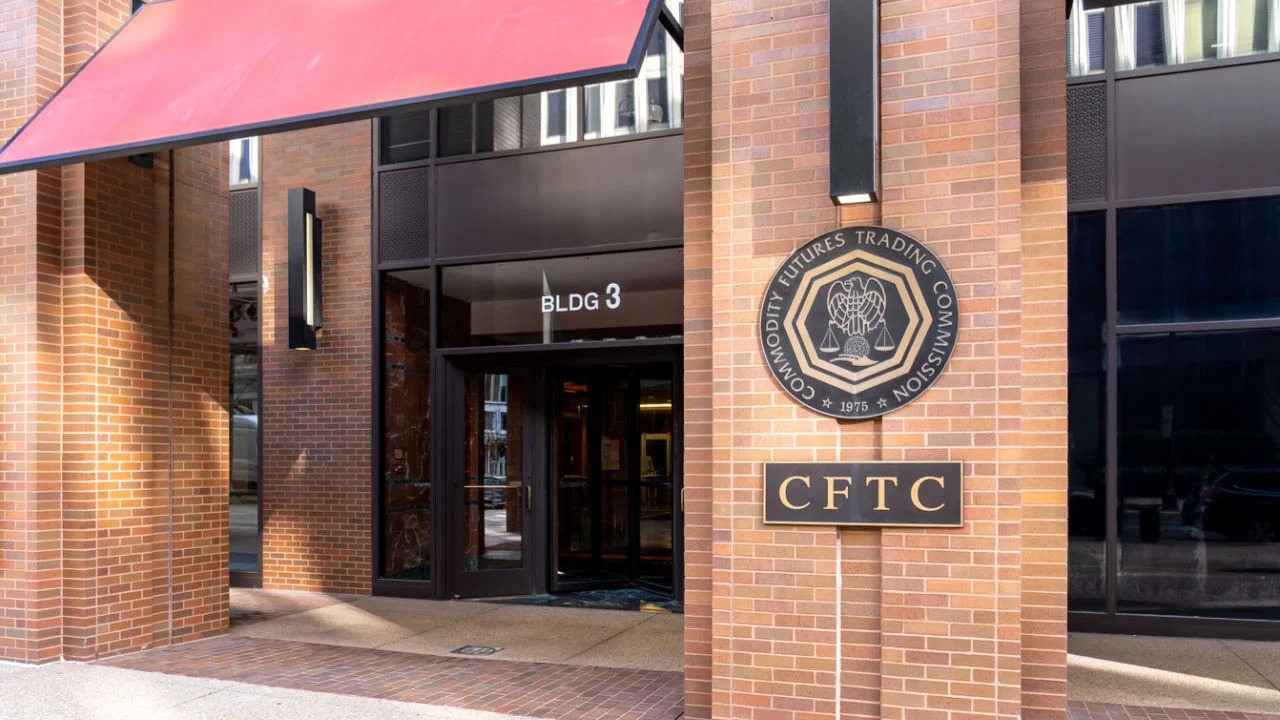US Court Orders Operator of South African Bitcoin Ponzi Scheme to Pay Over $3.4 Billion

The United States Federal Court has recently issued a default judgement and permanent injunction to Johann Steynberg. He was the CEO of Mirror Trading International, a now-defunct bitcoin Ponzi scheme.
In a Statement issued by the U.S. derivatives regulatory agency the Commodity Futures Trading Commission on April 27, Steynberg was ordered to pay $1.733,838,372 to victims who were defrauded and a civil monetary fine of $1.733,838,372.
In a statement, the derivatives regulator revealed that the court’s penalty was ‘the highest civil monetary fine ordered in any CFTC cases’. According to reports, the court case is reportedly the ‘largest fraud scheme involving Bitcoin in any CFTC cases.’
Bitcoin.com News reported that Steynberg was accused of running a bitcoin Ponzi Scheme on multiple occasions before fleeing Brazil in December 2020. In South Africa, victims of MTI initiated liquidation proceedings shortly after Steynberg’s disappearance.
Steinberg, who disappeared almost a year ago, was arrested and is now awaiting his return either to the U.S.A. or South Africa.
Steynberg & MTI failed to comply with CPO regulations
According to the CFTC, the U.S. Court order outlines Steynberg’s alleged fraud activities and his failure to adhere with regulations.
The CFTC released a statement that stated: ‘The order found that Steynberg is liable for fraud relating to retail foreign currency transactions, fraud committed by an associate of a commodity pools operator (CPO), violations of registration, and failures to comply with CPO regulation’.
CFTC stated that Steynberg’s company accepted bitcoin from’some 23000 individuals in the U.S.,’ despite MTI’s primary operation and targetting of victims based in South Africa. The regulator also claimed that Steynberg, MTI and their company had’misappropriated’ all the Bitcoins they received from pool participants.
The CFTC acknowledged that in its statement, it was possible for the fine imposed by the court to ‘not lead to the recovery of money lost due the fact that wrongdoers might not have enough funds or assets.



